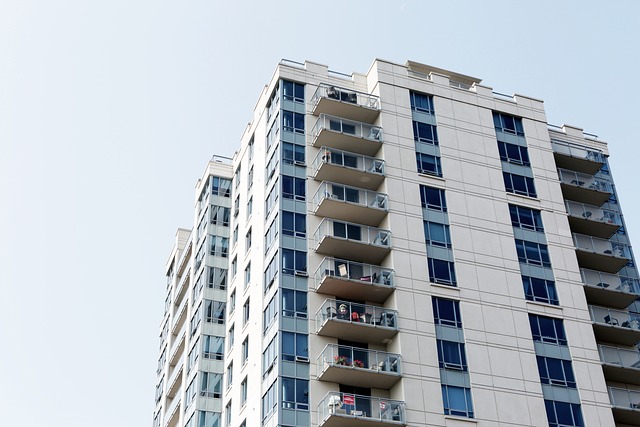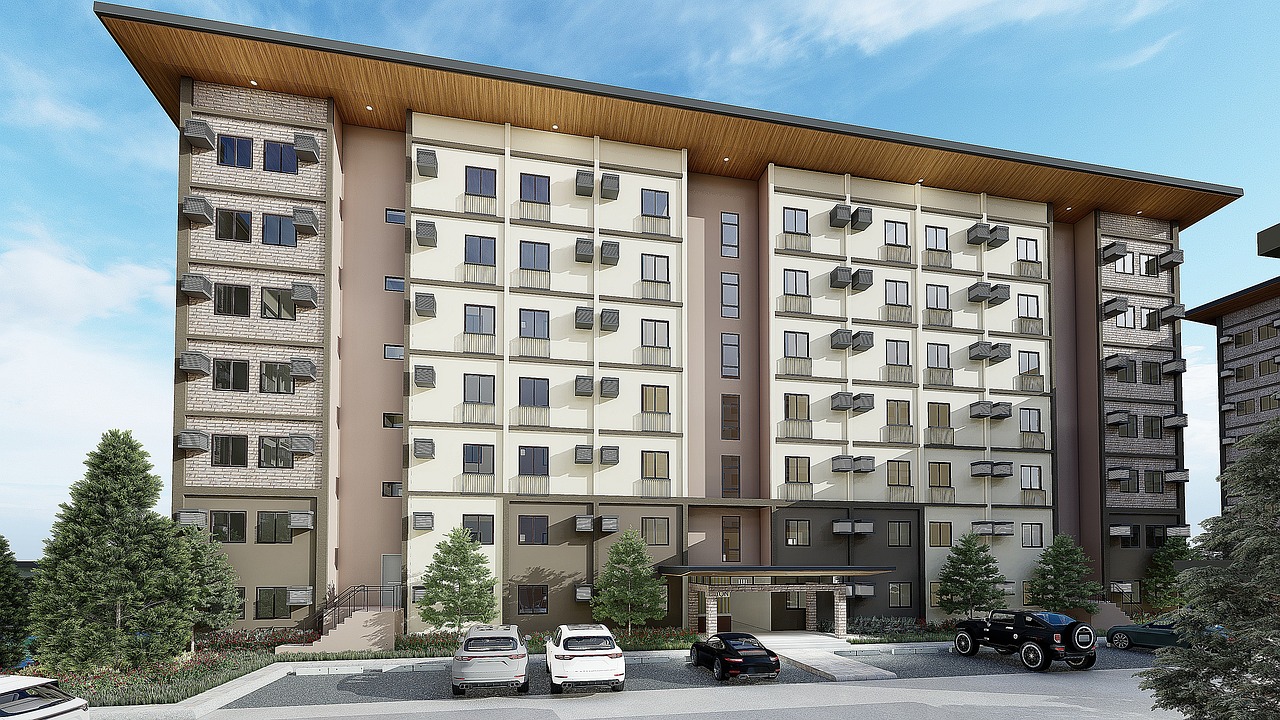The Canadian real estate market has been buzzing with activity, and condos continue to play a pivotal role in shaping the housing landscape. As we step into 2024, many prospective buyers, investors, and current homeowners are curious about the new residences for sale in Oakville. From shifting buyer preferences to technological innovations, there are several exciting trends to keep an eye on. Here’s a closer look at what you can expect in 2024 and beyond in the Canadian condo market.
The Demand for Urban Living
The allure of living in the heart of vibrant cities like Toronto, Vancouver, and Montreal remains strong. With businesses, restaurants, and cultural hubs returning to full swing post-pandemic, urban centers are drawing in a mix of young professionals, downsizing retirees, and investors. Condo living offers convenience, shorter commutes, and proximity to urban amenities, which are appealing factors for those who prioritize lifestyle over large spaces. As cities expand, expect to see new condo developments sprouting in desirable urban areas, fueling ongoing demand.
The Popularity of Suburban Condos
While downtown condos have long been in demand, the suburban condo market has been on the rise, and this trend is set to grow in 2024. Many Canadians are looking for more affordable housing options outside of city centers, and suburban condos offer the perfect blend of affordability and convenience. Places like Mississauga, Burnaby, and Laval are seeing increased condo developments as people seek spacious units and quieter neighborhoods without sacrificing accessibility to urban areas. Expect suburban condo prices to rise as demand continues to grow.

The Sustainability and Green Building Trends
Eco-consciousness is becoming a key factor for buyers, and developers are responding by integrating sustainability into new condo projects. In 2024, expect to see more condos with energy-efficient designs, green building materials, and features like solar panels, green roofs, and water-saving fixtures. Buyers are increasingly looking for homes that reduce their carbon footprint and cut energy costs. As Canada’s real estate market embraces sustainability, condos with eco-friendly certifications and energy-efficient designs will likely command higher prices and increased interest.
The Technological Innovations in Condos
Smart technology is rapidly transforming how we live, and the condo market is no exception. In 2024, expect to see more condos equipped with smart home systems, allowing residents to control lighting, security, temperature, and appliances with their smartphones. Buildings with integrated security features, remote access, and automated building management systems are becoming the norm. These technological advancements not only add convenience but also attract tech-savvy buyers and increase the value of condos on the market.
The Shift Toward Smaller Units and Micro Condos
As urbanization intensifies and housing costs rise, micro condos, smaller units with efficient layouts, are gaining popularity. In high-demand cities like Toronto and Vancouver, where space comes at a premium, micro condos provide an affordable entry point into the housing market. In 2024, expect to see more developments featuring these compact units, catering to young professionals, single buyers, and those looking for minimalistic living spaces. While these units may be small, they often come with well-designed, multifunctional spaces and access to shared amenities.
In Conclusion
As we move into 2024, the Canadian condo market remains dynamic, with both opportunities and challenges. Urban centers continue to attract buyers, but affordability concerns are pushing more people toward the suburbs. At the same time, technological advancements, sustainability, and modern amenities are transforming the condo living experience. Whether you’re looking to buy your first home, invest in real estate, or enjoy the convenience of city living, keeping an eye on these trends will help you make informed decisions in the evolving condo market. Canada’s condo landscape is evolving, and 2024 promises to be an exciting year for both buyers and investors alike.…



 Homeowners’ associations are formed to manage and maintain the common areas and shared amenities within a residential community. They ensure that the neighborhood’s appearance and functionality meet certain standards, which helps preserve property values. An HOA is typically run by a board of directors composed of residents elected by their fellow homeowners. This board is responsible for enforcing rules, collecting dues, and overseeing maintenance and improvements.
Homeowners’ associations are formed to manage and maintain the common areas and shared amenities within a residential community. They ensure that the neighborhood’s appearance and functionality meet certain standards, which helps preserve property values. An HOA is typically run by a board of directors composed of residents elected by their fellow homeowners. This board is responsible for enforcing rules, collecting dues, and overseeing maintenance and improvements.